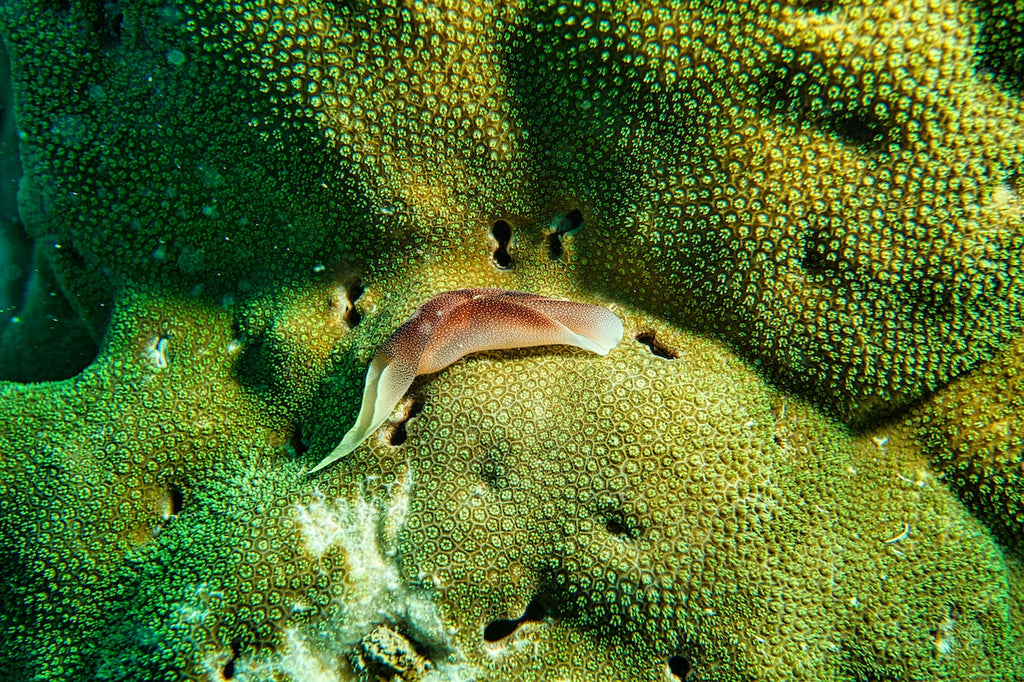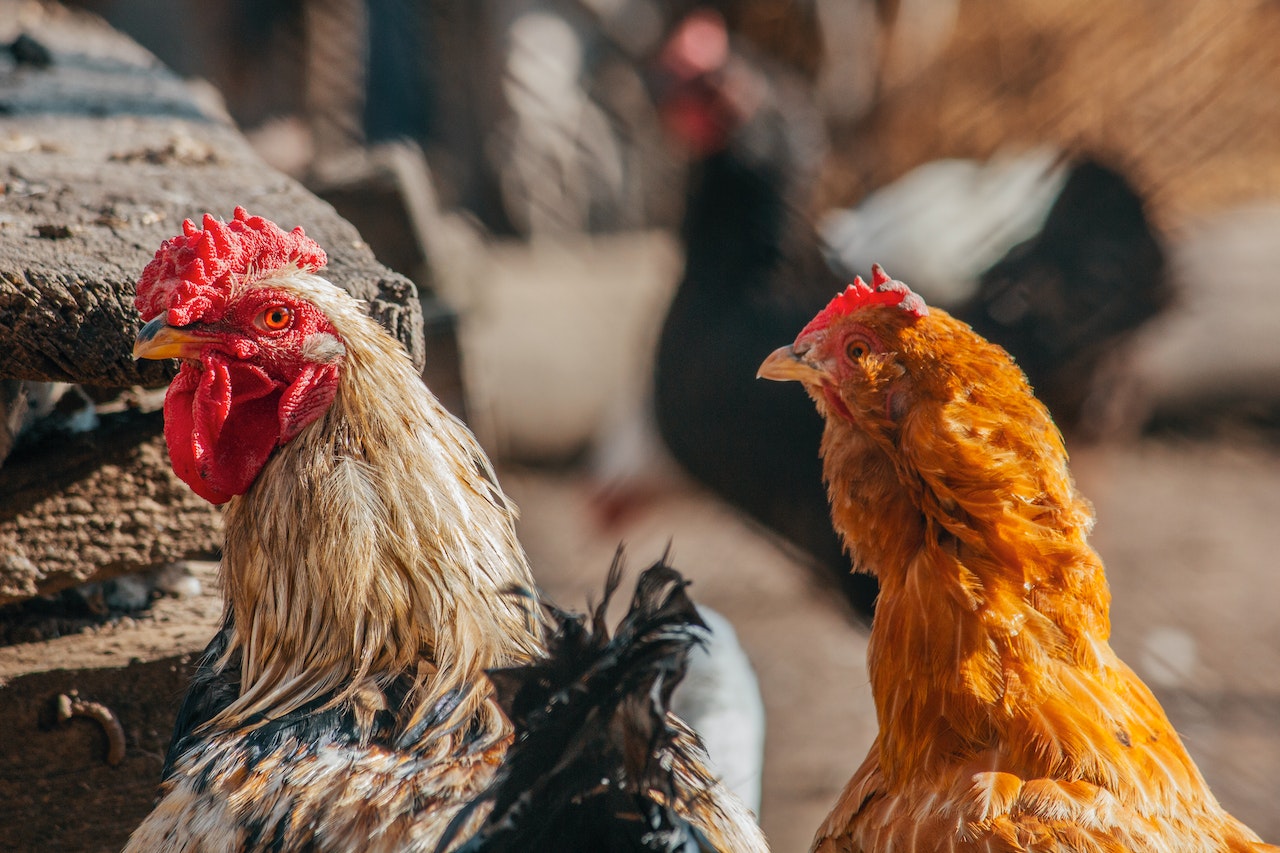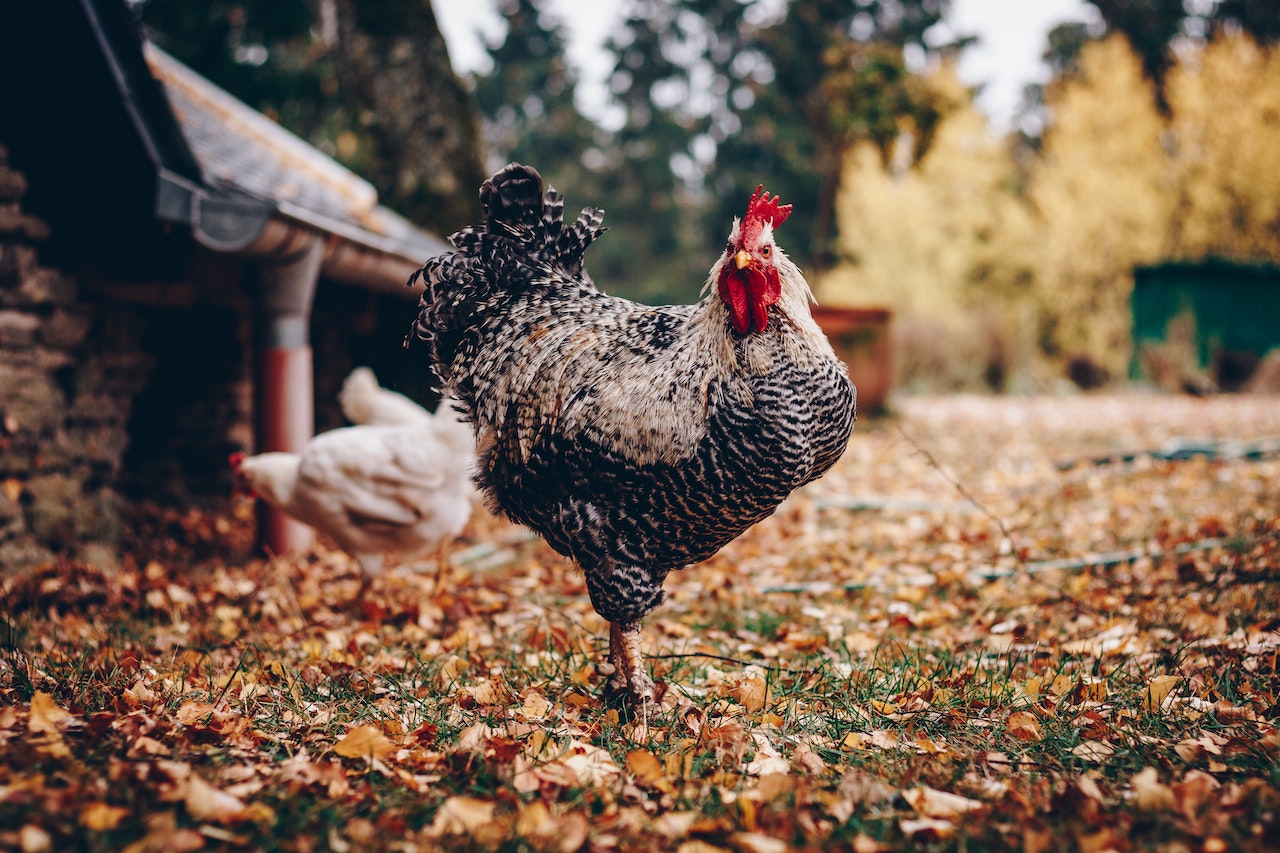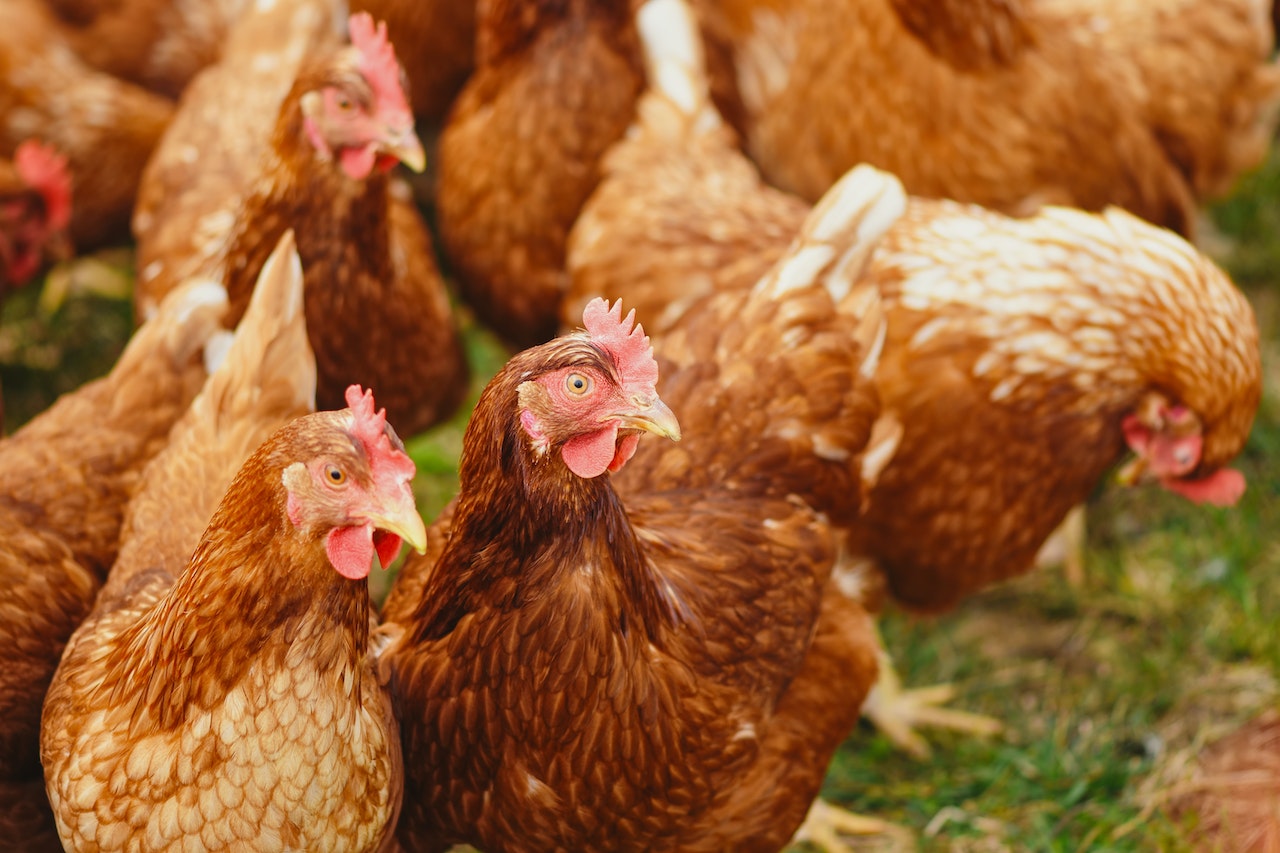
When it comes to chickens and their appetites, their diverse eating habits often lead to questions about what they can and cannot consume. One common query is whether chickens can eat slugs. In this article, we will delve into the intriguing world of chickens and slugs, exploring their relationship, potential health benefits, and how to incorporate slugs into a chicken's diet. Whether you're a chicken owner or someone looking for natural pest control methods, understanding the dynamics between chickens and slugs can be valuable.
Can chickens eat slugs?
Yes, chickens can eat slugs. Chickens are natural foragers and have a diverse diet that includes insects and small creatures. They have a knack for hunting down and consuming slugs when given the opportunity. Chickens will scratch the ground, pecking at the soil, and consume slugs they come across.

Are Slugs Good For Chickens?
If you're dealing with a slug problem in your garden or backyard, you'll be pleased to know that chickens can play a positive role in controlling the slug population. Chickens are natural foragers and expert hunters, known for their ability to seek out insects and small creatures, including slugs. Through their characteristic scratching and pecking behavior, chickens efficiently search the soil for slugs and consume them, reducing the slug population in the process. So, not only can chickens coexist with slugs, but they can also contribute to maintaining a balanced ecosystem by keeping slug populations in check.
Health Benefits of Slugs
While slugs are commonly regarded as garden pests, they surprisingly offer some nutritional benefits for chickens. Slugs are a rich source of protein, making them a valuable addition to a chicken's diet. Additionally, they provide essential amino acids that contribute to overall flock health. Slugs also contain an array of vitamins and minerals, including iron, magnesium, and calcium, which can enhance the nutritional profile of a chicken's diet. By allowing chickens to consume slugs, owners can provide a diverse and balanced diet that meets their nutritional requirements.
Here are a few notable health benefits of slugs:
- Protein Source: Slugs are a valuable source of protein for chickens. Protein is an essential nutrient that plays a vital role in muscle development, tissue repair, and overall growth. Including slugs in a chicken's diet can contribute to meeting their protein requirements and promoting healthy body development.
- Amino Acids: Slugs contain a range of essential amino acids, which are the building blocks of proteins. Amino acids are crucial for various physiological processes in chickens, including hormone synthesis, enzyme production, and immune system function. By consuming slugs, chickens can obtain a diverse array of amino acids that support their overall health and well-being.
- Vitamins and Minerals: Slugs are rich in several vitamins and minerals that can enhance a chicken's nutritional intake. They contain notable amounts of iron, magnesium, and calcium, which are important for blood health, muscle function, and bone development, respectively. By incorporating slugs into their diet, chickens can benefit from these essential nutrients, leading to improved overall health and vitality.
- Nutritional Diversity: Offering slugs as part of a chicken's diet contributes to nutritional diversity. Just like humans, chickens require a varied diet to obtain a wide range of nutrients. Including slugs alongside other feed sources ensures that chickens receive a more comprehensive nutrient profile, reducing the risk of nutrient deficiencies and promoting overall health.
It's important to note that while slugs offer health benefits, they should be fed to chickens in moderation and as a supplemental treat. Slugs should not replace a balanced feed specifically formulated to meet a chicken's nutritional requirements. Additionally, it's crucial to ensure that the slugs provided to chickens are pesticide-free and collected from areas free of harmful chemicals.
Can Chicks Eat Slugs
While adult chickens can consume slugs without any issues, it's important to exercise caution when feeding slugs to chicks. Young chicks have delicate digestive systems that may struggle to process slugs effectively. It's advisable to introduce slugs gradually into their diet once they are a few weeks old and have established a stronger digestive system. Monitoring their response to slugs is crucial, as some chicks may take longer to develop a taste for them. Ensuring the chicks have access to their regular balanced feed alongside a gradual introduction of slugs will help them adapt to this new food source.
How to Feed Chickens Slugs
Feeding chickens slugs requires some considerations to ensure a safe and beneficial experience. Here are some guidelines to follow:
- Quality Control: Ensure the slugs you provide your chickens are free from any pesticides or harmful chemicals. Collect them from areas that are known to be pesticide-free or consider breeding your own slugs specifically for chicken consumption.
- Moderation: Slugs should be offered as a supplemental treat rather than a primary food source. Including slugs in your chickens' diet alongside their regular balanced feed ensures they receive a diverse range of nutrients.
- Preparing the Slugs: Rinse the slugs thoroughly to remove any dirt or debris. Cutting them into smaller pieces makes it easier for chickens to consume and reduces the risk of choking.
- Observation: Watch how your chickens initially react to slugs. Some chickens may not take to slugs immediately, so it may require a few attempts before they acquire a taste for them. Monitor their behavior and adjust the slug intake accordingly.
How Many Slugs Can Chickens Consume
The number of slugs chickens can consume depends on various factors, including the size and breed of the chicken, as well as their overall diet. Chickens have a natural instinct for self-regulation, so they will eat slugs until they are satisfied. However, it's important to remember that slugs should be considered a supplementary food source, and the majority of their diet should consist of a balanced feed that meets their nutritional requirements. Too many slugs may result in an imbalanced diet or potential digestive issues. Observing your chickens' behavior and monitoring their overall health will provide insight into the appropriate amount of slugs to offer.
Conclusion
Chickens can indeed consume slugs, making them an effective natural solution for controlling slug populations. By including slugs in their diet, chickens receive additional protein, essential amino acids, and various vitamins and minerals. While chicks require a more gradual introduction to slugs, adult chickens can readily incorporate them into their diet. Remember to offer slugs in moderation alongside their regular feed, ensuring they are free from pesticides or harmful chemicals. By following these guidelines and observing your chickens' responses, you can successfully harness the benefits of this mutually beneficial relationship between chickens and slugs.



